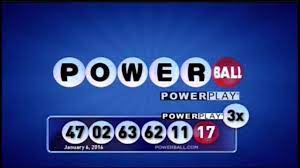
Unlocking the Mystery of Lotteries: Luck, Probability, and the Pursuit
AlexJones
- 0
- 584
Lotteries have been captivating the imagination of people for centuries, offering the tantalizing promise of instant wealth and a life of luxury. From ancient civilizations to modern societies, the allure of hitting the jackpot has consistently driven individuals to try their luck in the hope of transforming their fortunes overnight. This article delves into the world of powerball, exploring their history, the psychology behind the phenomenon, and the role of probability in the pursuit of dreams.
Historical Perspective:
The concept of lotteries dates back to ancient times, with records indicating that they were used as a means to fund public projects such as the construction of roads, bridges, and monuments. The Great Wall of China and the Colosseum in Rome are examples of grand structures financed through lottery proceeds. Over the centuries, lotteries have evolved from civic initiatives to widespread government-sanctioned events, as seen in the establishment of state lotteries in various countries.
Psychology of Lotteries:
The allure of the lottery is deeply rooted in human psychology, tapping into the universal desire for financial security and a chance at a better life. The dream of winning a life-changing sum of money provides a powerful incentive for individuals to participate, despite the overwhelmingly low odds of success. The anticipation of the draw and the brief moment of hope as numbers are announced create a unique and emotional experience that transcends socioeconomic boundaries.
Probability and Odds:
Lotteries are inherently games of chance, and understanding the role of probability is crucial for participants. The odds of winning are typically astronomical, with the chances of hitting the jackpot often resembling a needle in a haystack. Despite this, millions of individuals worldwide engage in lotteries, driven by the belief that luck might smile upon them.

